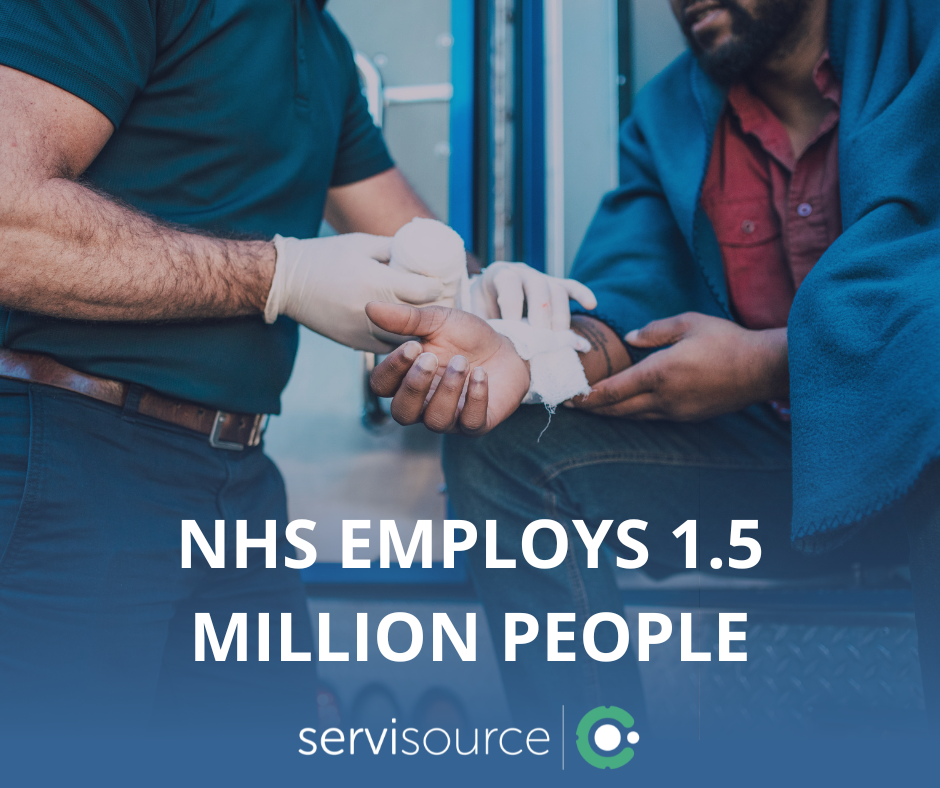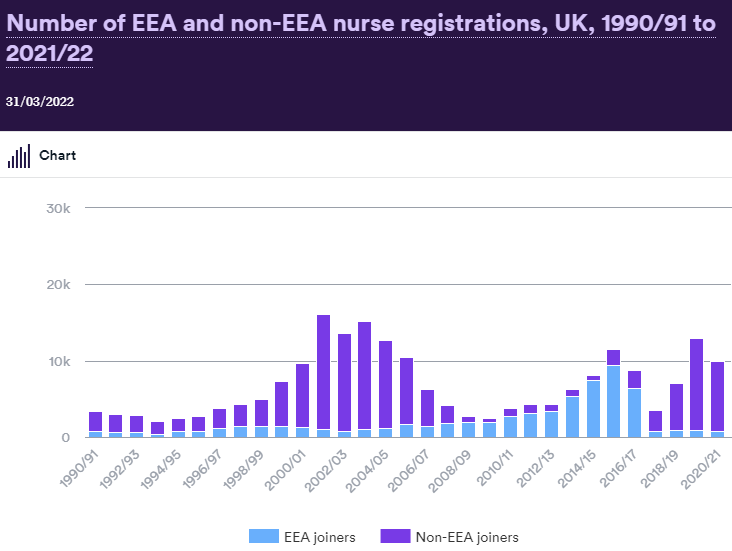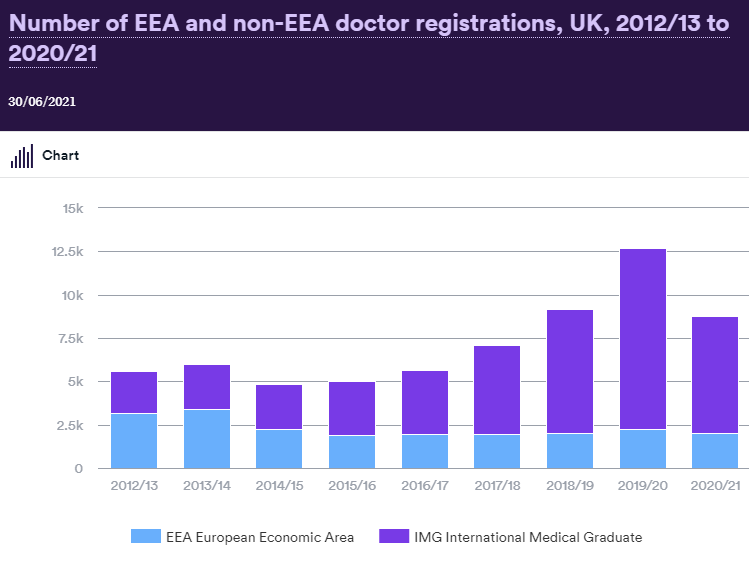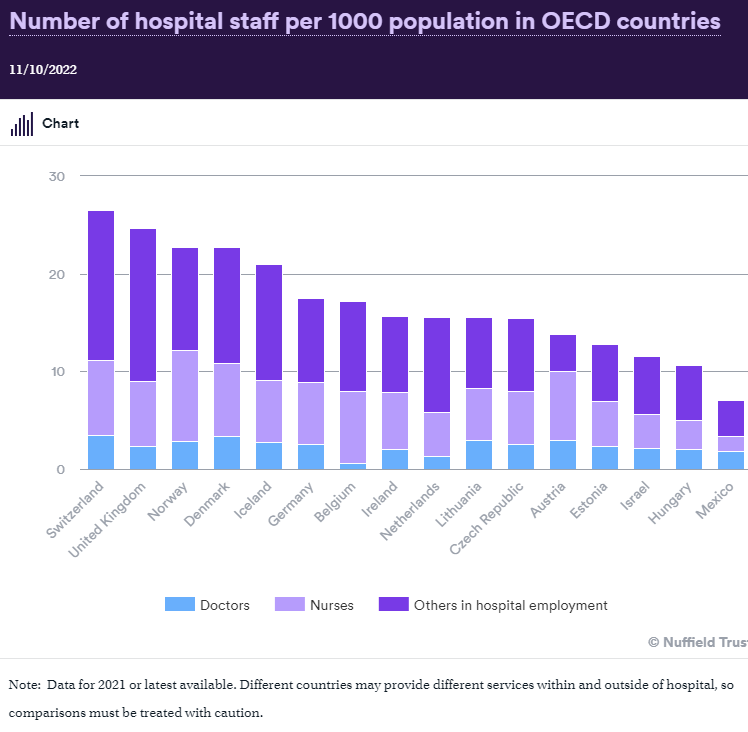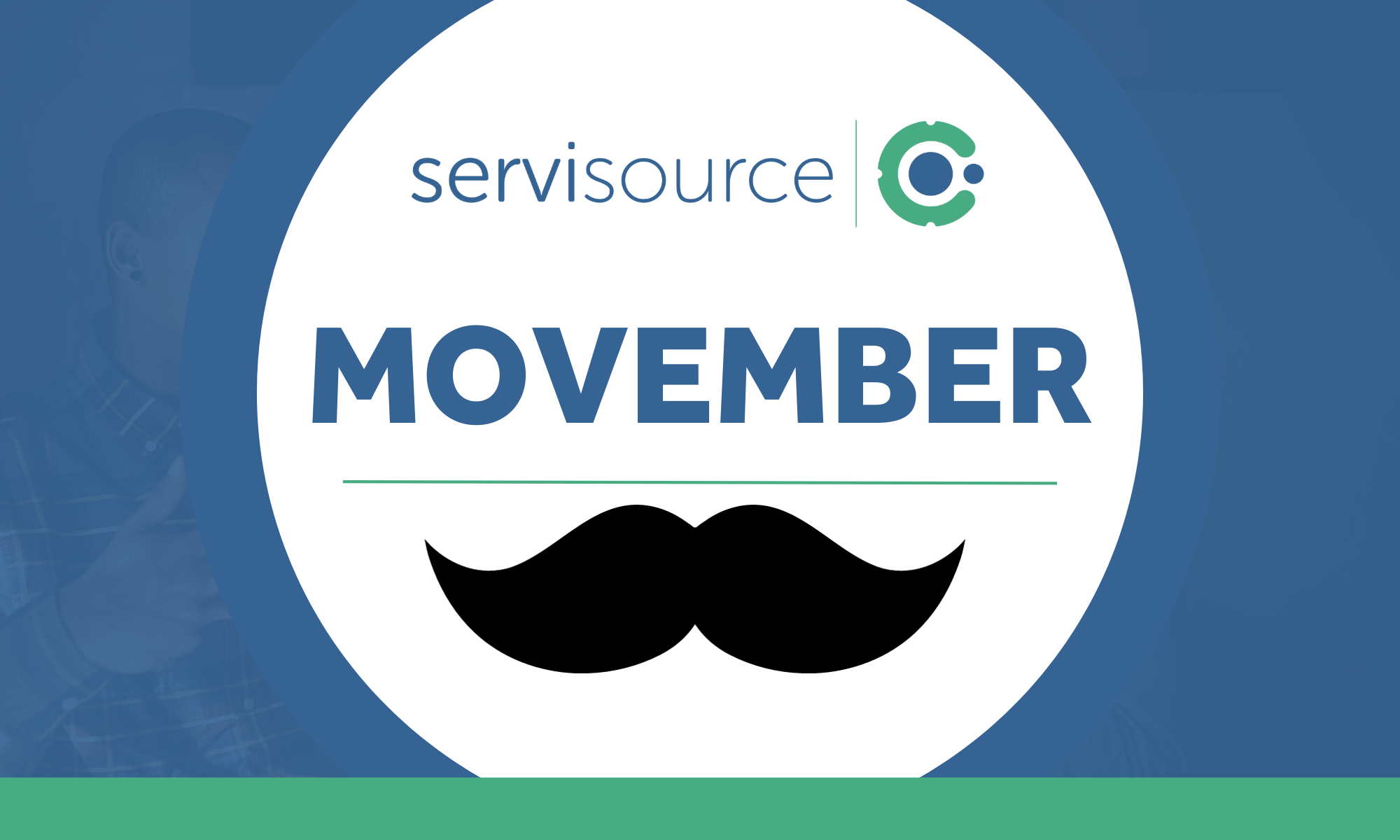
SERVISOURCE SECURE PRESTIGIOUS RQIA AWARD
Servisource is delighted to announce that we have achieved the RQIA award in Northern Ireland. This enables Servisource to proceed with the recruitment of nurses alongside our NISCC registered social care staff. It is an incredible achievement that allows Servisource to expand our healthcare offerings and provide reassurance to all current and future clients that we meet the standards required by the RQIA in Northern Ireland.
As always, Servisource’s focus is on providing high-quality temporary healthcare staff who have the right people with the right skills and knowledge in the right place, and the RQIA achievement reaffirms this.
Servisource Healthcare UK is a recognised Recruitment Agency, providing Temp, Perm, and International healthcare recruitment to Public and Private sectors. Servisource Healthcare UK Recruitment operates in accordance with the NHS Code of Practice and is a member of the Recruitment & Employment Confederation for Northern Ireland.
Contact Caroline Murphy to Discuss Your Temp Staffing Needs
What Does This Mean For You?
Our dedicated team is here to support your needs offering fast and effective turnaround times while ensuring the right people are sourced. This guarantees continuity of patient care giving you the peace of mind knowing your staffing needs will be met, regardless of demand.
• The expertise and resources to scale up to meet your demand.
• Putting our clients at the centre of everything we do
• Our Training academy offers bespoke solutions, providing a supply of qualified, skilled and confident people.
• Technology, Innovation and Continuous Improvement are at the core of how we operate
• Employing people living locally to serve our local communities and businesses.
• Operating regionally, nationally, and globally, providing access to people in the right place.
What Does This Mean for Servisource?
This achievement means that Servisource can now recruit nurses and healthcare staff and with our experience, knowledge, and ability, meet the needs of our clients in Northern Ireland. Servisource focuses on providing high-quality care consistently across all clients or clinical placements.
The RQIA award further adds to our reputation as a leading healthcare provider with over 20 years’ of experience in the UK and Ireland, across a range of sector specialties. Servisource is committed to providing person-centered care whilst preserving the client’s right to dignity, integrity, privacy, and choice.

Speaking on the RQIA achievement, Angie Bowes, Clinical Nurse Manager at Servisource, says;
“Through all the hard work in accomplishing the RQIA award and with my clinical background and knowledge, it solidifies us as a key provider for clients as well as candidates. We achieved the RQIA through sheer dedication and I’d like to thank all the team involved for assisting us with an exceptional winning submission.
We are now recognised by the health board in Northern Ireland, allowing for the expansion of our services and the provision of even more care and support. This is an exciting time and we are proud of everyone for their contribution and dedication”.
We offer best-in-class compliance and are accredited with the Health and Personal Social Services Quality Standards for Health and Social Care (HPSS). We are committed to reviewing and reflecting upon our own levels of service while also improving these services when required.
We remain open to an annual review of our registration by the RQIA and will complete monthly internal reviews of practice to ensure we are always delivering high standards of care in line with the Nursing Agencies Minimum Standards 2008 (RQIA) and The Nursing Agencies Regulations (NI) 2005. Servisource complies with all regulatory health & safety, quality & environmental standards. This gives you peace of mind knowing that our staff are fully compliant.
Our Health and Safety Standards
The importance of Health & Safety cannot be underestimated. All our employees are carefully vetted and are required to have their mandatory training in line with the minimum standards set out by the RQIA including:
All staff will be required to attend training updates annually aside from Safeguarding which must be completed once every three years as required by RQIA.
What is RQIA?
The Regulation and Quality Improvement Authority (RQIA) is the independent body responsible for monitoring and inspecting the availability and quality of health and social care services in Northern Ireland and encouraging improvements in the quality of those services.

They inspect a wide range of health and social care services which are based on minimum care standards to ensure that both the public and the service providers know what quality of services is expected.
RQIA also has a role in assuring the quality of services provided by the Health and Social Care (HSC) Board, HSC trusts agencies, to ensure that every aspect of care reaches the standards laid down by the Department of Health and that is expected by the public.
Can RQIA Information Be Accessed?
RQIA holds comprehensive up-to-date information on all registered health and social care services in Northern Ireland including nursing homes, residential care homes, and domiciliary care agencies. Their inspection reports are publicly available to help guide your decision when selecting an appropriate care home for your needs.
If you would like to read more about The Regulation and Quality Improvement Authority (RQIA), you can find all the information on their website.
About Servisource
Founded in 2000 in Ireland and recently expanded into NI and UK, Servisource is a national and international leader in the provision of healthcare services. We supply fully qualified and compliant temporary healthcare staff including nurses, mental health nurses, healthcare assistants, and support workers , and offer a fully accredited healthcare service.
Our mission is to deliver the highest standard of care meeting each client’s individual needs using a holistic approach in accordance with the national standards of care. Operating regionally, nationally, and globally, providing access to the right people with the right skills and knowledge in the right place. We can supply staff at short notice regardless of where the requirements are based.
Contact Caroline Murphy to Discuss Your Temp Staffing Needs
Previous Posts:
Protected: Recent Updates To The Employment Permits Act 2024
Recent Updates To The Employment Permits Act 2024 The Employment Permits Act 2024 has introduced several recent updates that came into effect on Monday the 2nd of September 2024, aimed at improving the employment permit system in Ireland to make it more flexible, modern, and responsive to the current needs of the labour market. There are…

How Can I Get a Job as a Nurse in the UK?
How Can I Get a Job as a Nurse in the UK? Becoming a nurse in the UK is a rewarding career choice that not only offers the chance to make a significant impact on patients’ lives but also provides a stable and fulfilling profession. The question how can I get a job as a…

Guidance And Support For Prospective Overseas Candidates
Guidance And Support For Prospective Overseas Candidates NHS Employers is distributing an update from the Department for Health and Social Care. It states that the guidance for international applicants seeking health and social care jobs in the UK has been revised and reissued. This guidance and support for prospective overseas candidates offers assistance by providing…

Nurses and Care Workers Immigration Policy Update
Nurses and Care Workers Immigration Policy Update At Servisource, we strive to keep healthcare workers updated with the latest information. Back in December 2023, the UK government revealed adjustments to the immigration system, and it has been revealed that these adjustments are set to be enacted in March and April 2024. The timeline for implementation…

New Immigration Rules Introduced by the UK Government
New Immigration Rules Introduced by the UK Government On 4 December 2023, new immigration rules were introduced by the UK government. These changes to the immigration system will take effect from Spring 2024. The upcoming changes to the Health and Care Visa route will specifically impact the care sector in the UK. Under these changes,…
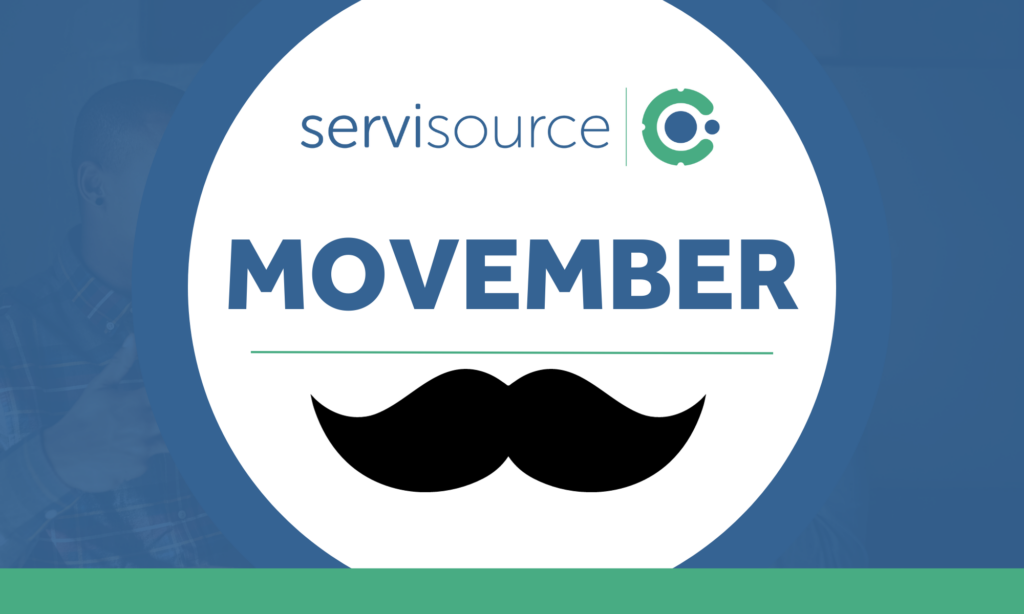
How to Support Men’s Health this November
How to Support Men’s Health this November Movember, the global movement that has taken the world by storm, encourages men to grow moustaches during the month of November. This movement raises awareness about how to support men’s health, particularly prostate cancer, testicular cancer, and mental health problems. In the United Kingdom, this movement has gained…



